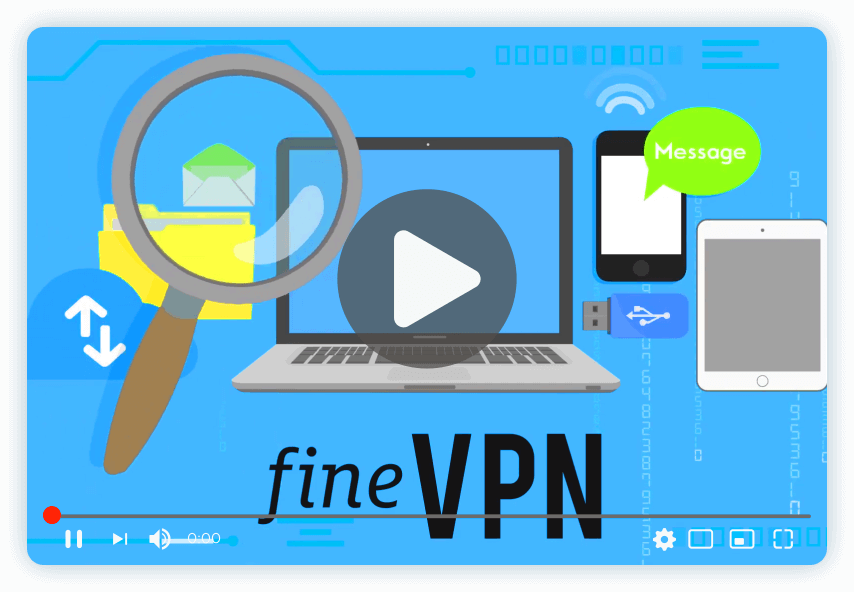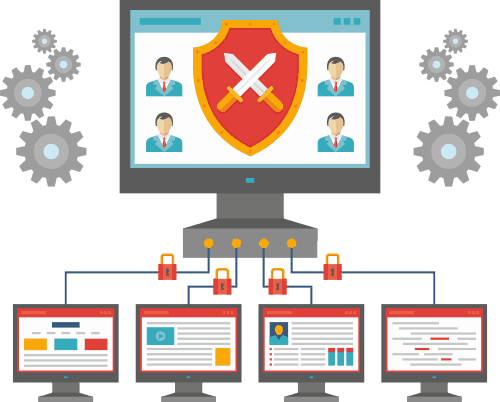In today’s digital age, the convenience of public Wi-Fi hotspots is undeniable. However, the risks associated with unsecured network connections cannot be overlooked. This article delves into the crucial role of Virtual Private Networks (VPNs) in safeguarding your digital footprint while using public hotspots.
Understanding the Risks at Public Hotspots
Public Wi-Fi networks, found in cafes, airports, and parks, offer great convenience but come with significant security risks. These networks often lack strong encryption, making it easy for cybercriminals to intercept your data, including personal information, passwords, and financial details. The threats range from man-in-the-middle attacks to the spread of malware and phishing schemes.
The Role of VPN in Public Wi-Fi Security
A VPN encrypts your internet connection, creating a secure tunnel for your data to travel through. Even on an unsecured public Wi-Fi network, a VPN ensures that your information remains confidential and protected from prying eyes. Here’s how it works:
- Encryption: VPNs use advanced encryption protocols to secure your data, making it unreadable to hackers.
- Anonymity: By masking your IP address, a VPN protects your identity online, making it difficult for trackers to monitor your activities.
- Secure Access: VPNs provide a secure gateway to the internet, shielding you from potential threats on public networks.
Why Using a VPN at Public Hotspots is Essential
The reasons for using a VPN on public Wi-Fi are compelling:
- Data Protection: Ensures your sensitive information is encrypted and safe from cyber threats.
- Privacy: Keeps your browsing activities private and secure from surveillance.
- Access Control: Allows you to safely access personal and work accounts without the risk of data breaches.
- Peace of Mind: Offers confidence that your online activities are secure, even on unsecured networks.
Potential Challenges with VPNs on Public Networks
While VPNs are a critical tool for online security, users might face some challenges:
- Compatibility Issues: Some devices or public Wi-Fi networks may have restrictions that can affect VPN connectivity.
- Speed Reductions: Encryption processes can sometimes slow down your internet connection speed, though this is often minimal with quality VPN services.
- Free VPN Limitations: Not all free VPNs provide the same level of security and performance. It’s important to choose a reputable service.
Why FineVPN Stands Out for Public Hotspot Security
FineVPN offers a superior solution for users seeking reliable protection on public Wi-Fi networks. Here’s why:
- Robust Encryption: FineVPN utilizes state-of-the-art encryption standards to safeguard your data.
- No-Logs Policy: Ensures your online activities are not recorded, maintaining your privacy.
- High-Speed Connections: FineVPN’s optimized network allows for fast and secure browsing, without the typical slowdowns.
- Easy to Use: The user-friendly interface makes it simple to connect to secure servers.
Setting Up FineVPN with Wireguard for Secure Hotspot Connections
Follow these steps to install FineVPN on your device using Wireguard and the FineVPN configuration file:
- Download Wireguard: Install the Wireguard application from your device’s app store.
- Obtain Configuration File: Sign up for FineVPN and download the configuration file for your device.
- Import Configuration: Open Wireguard, tap ‘Add a Tunnel’, and choose ‘Create from file or archive’. Select the FineVPN configuration file you downloaded.
- Connect to FineVPN: Once the configuration is imported, activate the VPN by tapping the tunnel you just added. You’re now securely connected to the internet via FineVPN.
By following these steps, you can enjoy the convenience of public Wi-Fi hotspots without compromising your online security. FineVPN’s commitment to privacy and security makes it the ideal choice for protecting your digital life, especially in vulnerable public network environments.












